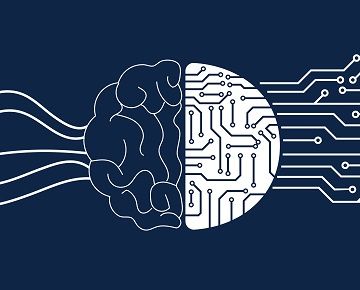
Artificial intelligence (AI) is a field of technology that is surrounded by both hype and misconceptions.
It is predicted[1] that $60 billion will be spent by brands on AI technology by 2025, so this hype is having a direct impact on where companies allocate their budgets.
A significant difficulty in defining the size of the AI market is in defining exactly where its boundaries lie. Although we tend to imagine eerily human robots that mimic our mannerisms, AI is actually a very broad field that encompasses a range of disciplines – some more relevant to search marketing than others.
More often than not, it is embedded in software that can process vast amounts of data to make or inform more intelligent decisions.
The headlines are typically reserved for AI applications like driverless cars and delivery drones, but this overlooks the fact that AI has the potential to improve every aspect of our lives.
Machine learning, which is a subset of artificial intelligence, is built on algorithms that take in data from their surroundings and take actions without being specifically programmed to do so. In other words, they learn from ‘experience’.
A brief look at the technology giants will show just how essential machine learning is to their respective growth strategies.
- Google’s RankBrain uses machine learning technology to analyze the context of content and serve more accurate organic search results. Increasingly, this applies to image and video results as well as text.
- AdWords and Google Analytics both make use of machine learning to derive performance insights and improve ad targeting.
- Google has publicly stated that the company has taken an “AI-first” approach, demonstrated in its software such as

